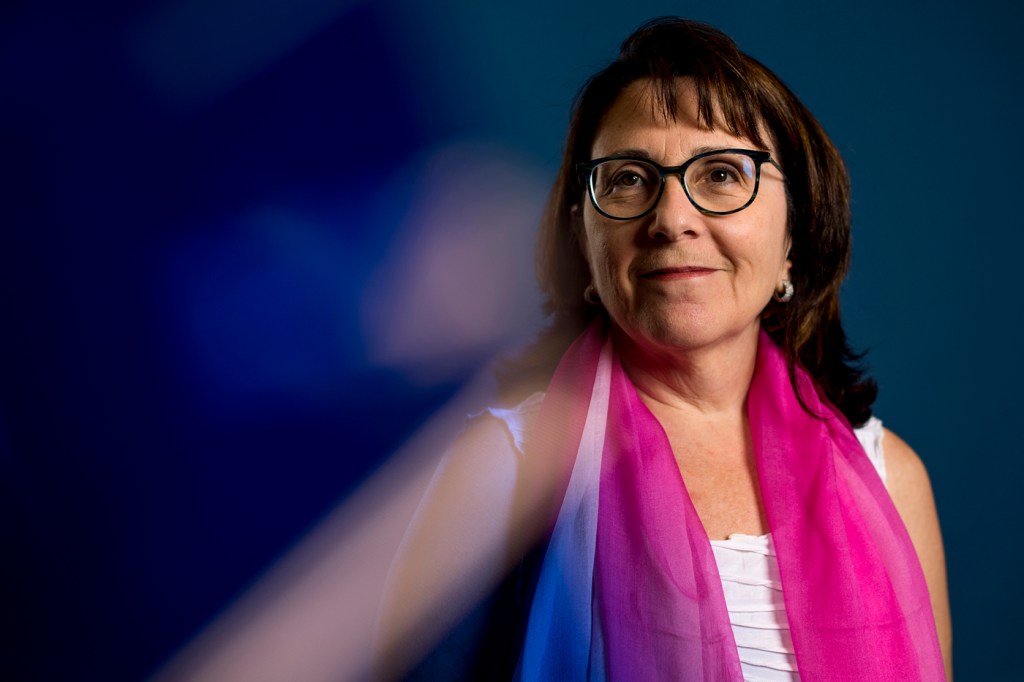What made this TED talk one of the most watched of 2018?

“You are not at the mercy of mythical emotion circuits,” Lisa Feldman Barrett calmly says from the center of a red, circular stage to a rapt studio audience in San Francisco. “You have more control over your emotions than you think you do.”
The message resonated with Barrett’s audience, who received her presentation with enthusiastic rounds of applause. An additional 3.3 million people have tuned in online to hear her words of wisdom, catapulting her video into the 25 most popular TED Talks of 2018.
“I was certainly hopeful that the talk would be popular but I was surprised that it did so well, and delighted that people found it so useful,” Barrett said. “I think people found it useful because it had solid, scientifically based advice for how to take more responsibility cultivating your own emotional life.”
Barrett admitted to her audience that she was experiencing anxiety on the stage, which, she said, may have factored into the video’s success. “The authenticity of it, combined with the strength of the scientific background, made them really resonate with the talk,” she said.
Barrett, a University Distinguished Professor of Psychology at Northeastern, has dedicated a quarter century to studying emotions. As part of her research, she has mapped facial expressions, scanned brains, and analyzed hundreds of physiology studies to understand how the brain controls emotions.
One such expression is that of Boston Marathon bomber Dzhokhar Tsarnaev. She returns to his “stone-faced stare” repeatedly throughout her 18-minute talk to illustrate the point that jurors are incapable of detecting remorse or any other emotion. First, she says, emotions are not universally expressed or recognized, and secondly, the emotions we detect in other people actually come in part from what’s inside our own head.
“This is true in the courtroom, but it’s also true in the classroom, in the bedroom, and in the boardroom,” she says.
You are not at the mercy of mythical emotion circuits. You have more control over your emotions than you think you do.
Lisa Feldman Barrett, University Distinguished Professor of Psychology
Barrett concludes her talk by suggesting that emotions are built rather than built-in, a concept that could have implications beyond the field of psychology.
“This epiphany that she’s had through her research is really important to AI development,” writes one viewer named Adam Martin. “Anyone reading this should forward this to friends they have in the programming field.”
Another viewer, Evgeny Goosev, describes Barrett as a “rock star.” “She’s set alight a passion to research her view in light of my own career of data design,” Goosev writes.
Camille Strate writes that she found the talk surprising. “Certainly gives a person lots to think about. Exciting possibilities. And likely a ton of resistance from a whole lot of people.”
Not every one of the three million-plus people who watched Barrett’s talk agreed with her, but if the numbers are any indication, they certainly were mulling over her theories.
For media inquiries, please contact media@northeastern.edu.





